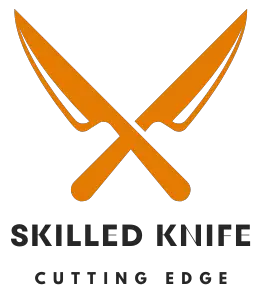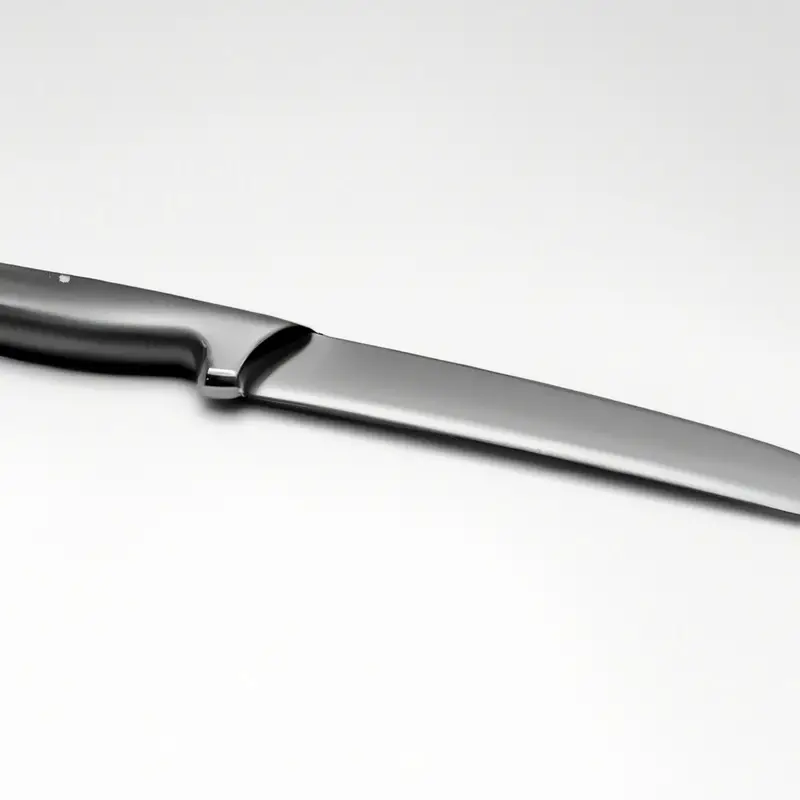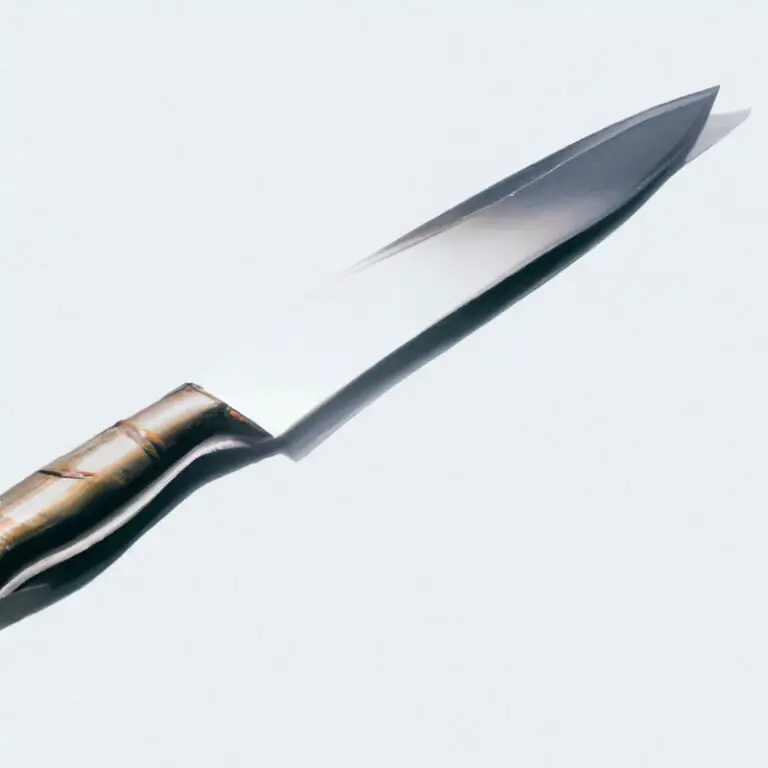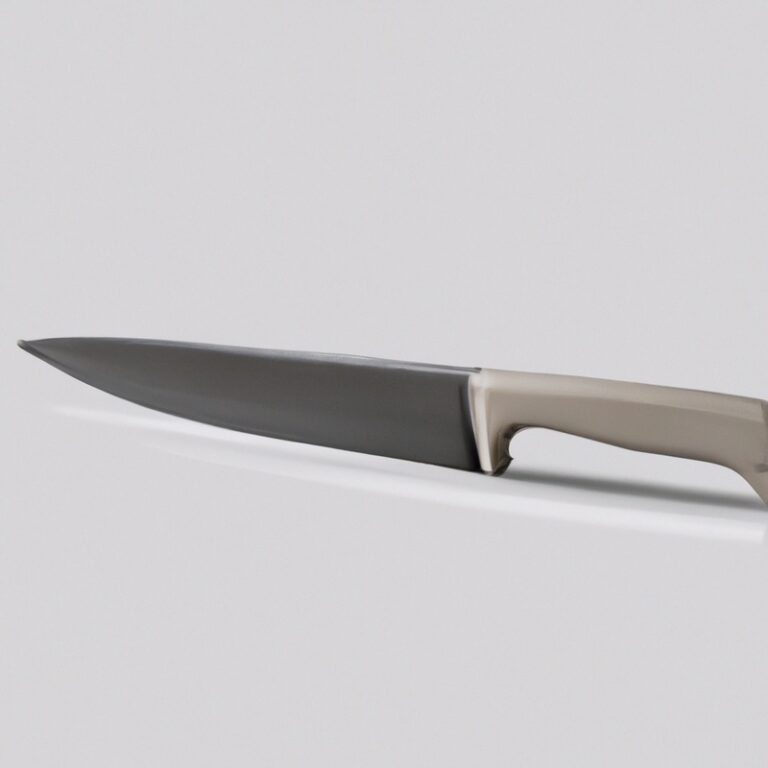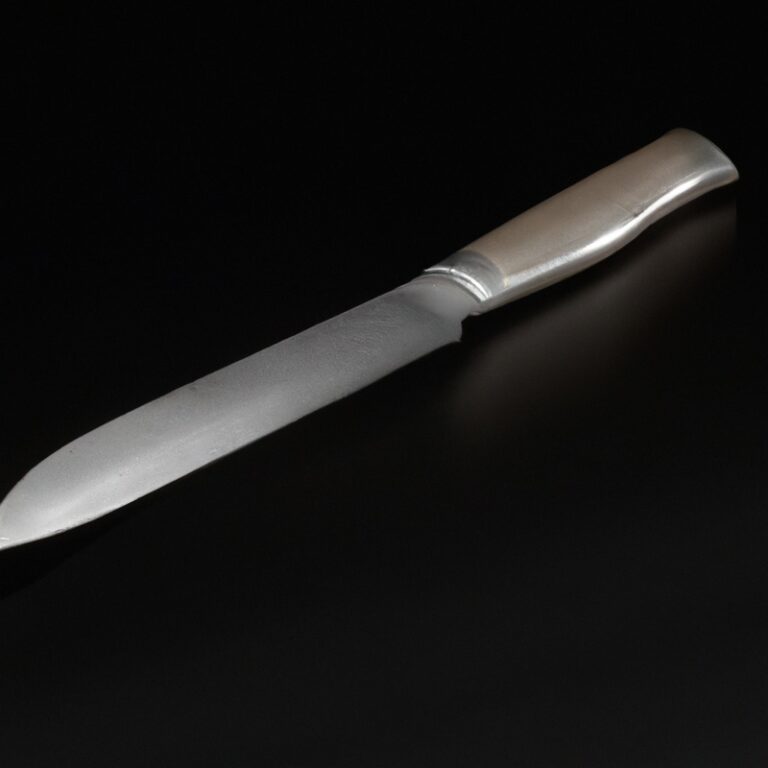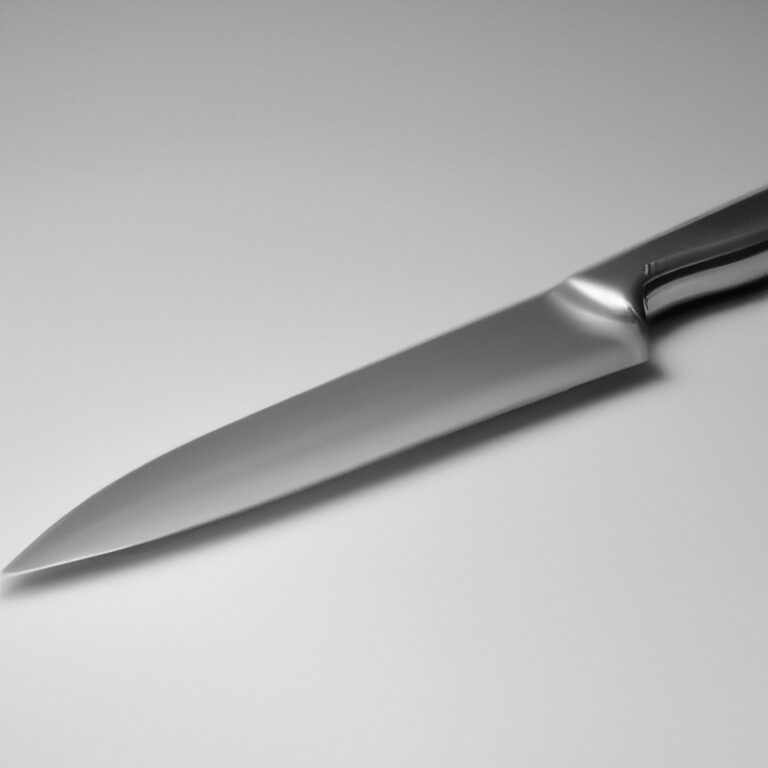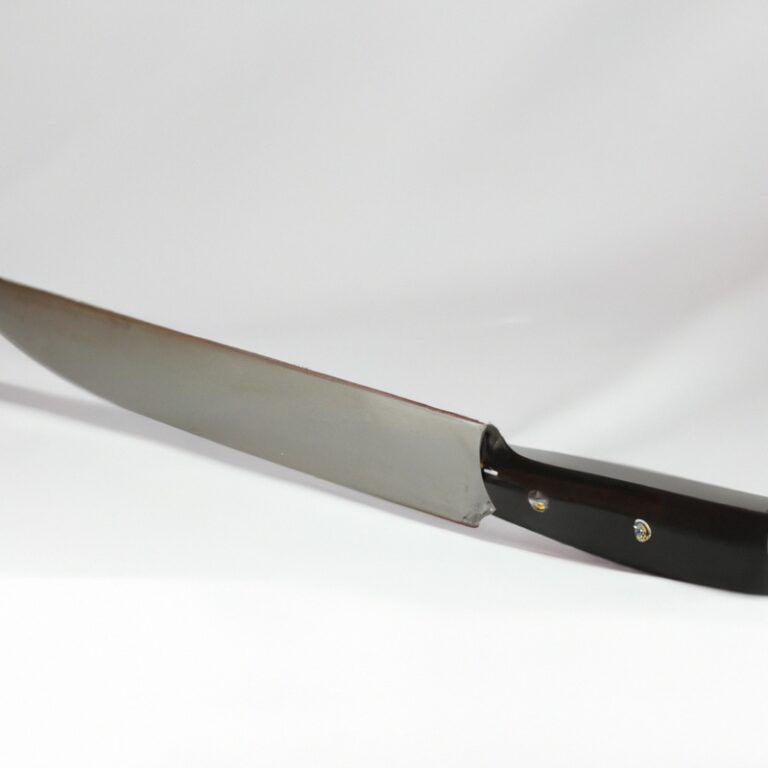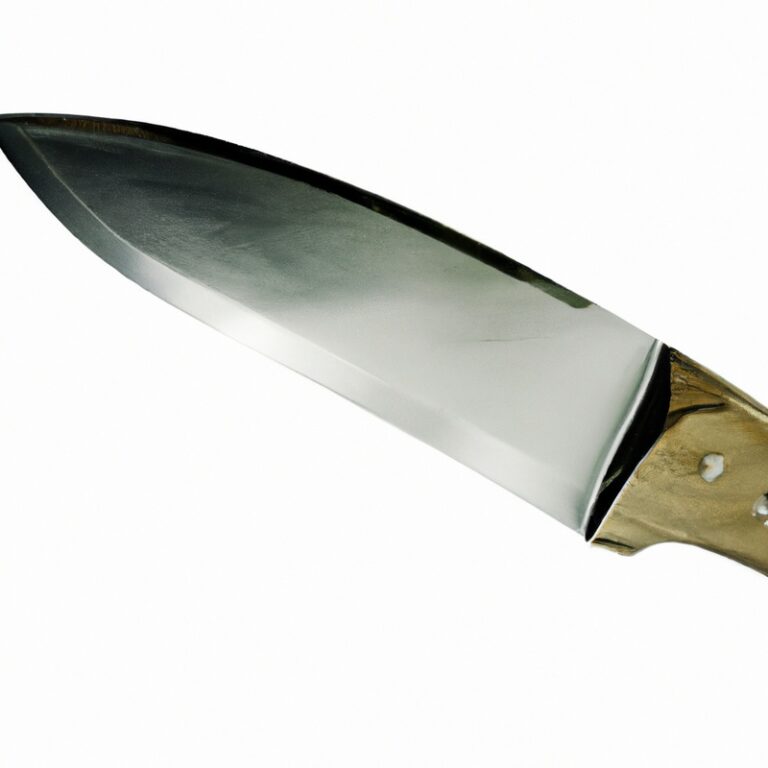Which Knife Steel Is Most Suitable For Sushi Knives?
Key Takeaways:
- High carbon steel is the most suitable choice for sushi knives due to its sharpness and edge retention.
- Stainless steel is another popular option for sushi knives, offering durability and ease of maintenance.
- Damascus steel, known for its beautiful patterns, can also be an excellent choice for sushi knives.
- The specific knife steel ultimately depends on individual preferences and priorities, such as sharpness, corrosion resistance, and maintenance requirements.
Are you a sushi enthusiast looking to elevate your culinary game?
Well, let me tell you, the type of knife steel you choose for your sushi knives can make all the difference in your slicing and dicing experience.
In this blog article, I’ll be diving deep into the world of knife steel, exploring its importance in sushi knives, and discussing the different options available.
We’ll also be comparing key factors such as edge retention, corrosion resistance, and durability to help you make an informed decision.
So, whether you’re a sushi chef or someone who loves preparing sushi at home, stay tuned to find out which knife steel is most suitable for your sushi knives and why!
| Knife Steel | Pros | Cons | Suitability for Sushi Knives |
| High Carbon Steel | Excellent edge retention | Prone to rust if not properly cared for | Commonly used for traditional sushi knives |
| Stainless Steel | Resistance to rust and corrosion | Lower edge retention compared to high carbon steel | Suitable for sushi knives used in high-moisture environments |
| Damascus Steel | Aesthetically pleasing pattern | Varying quality and performance | Popular choice for sushi knives with a focus on craftsmanship |
| Ceramic | Exceptional hardness and sharpness | Brittle and prone to chipping or breaking | Suitable for slicing delicate fish but requires careful handling |
Understanding the Importance of Knife Steel in Sushi Knives
What Makes Knife Steel Important for Sushi Knives?
Knife steel is important for sushi knives because it impacts their performance and durability.
The quality of the steel affects the knife’s sharpness, edge retention, and ability to withstand the demands of sushi preparation.
Different types of steel have varying levels of hardness, toughness, and corrosion resistance, which can affect how well the knife performs over time.
Choosing the right knife steel is crucial for creating precise and clean cuts when working with delicate fish and ingredients in sushi making.
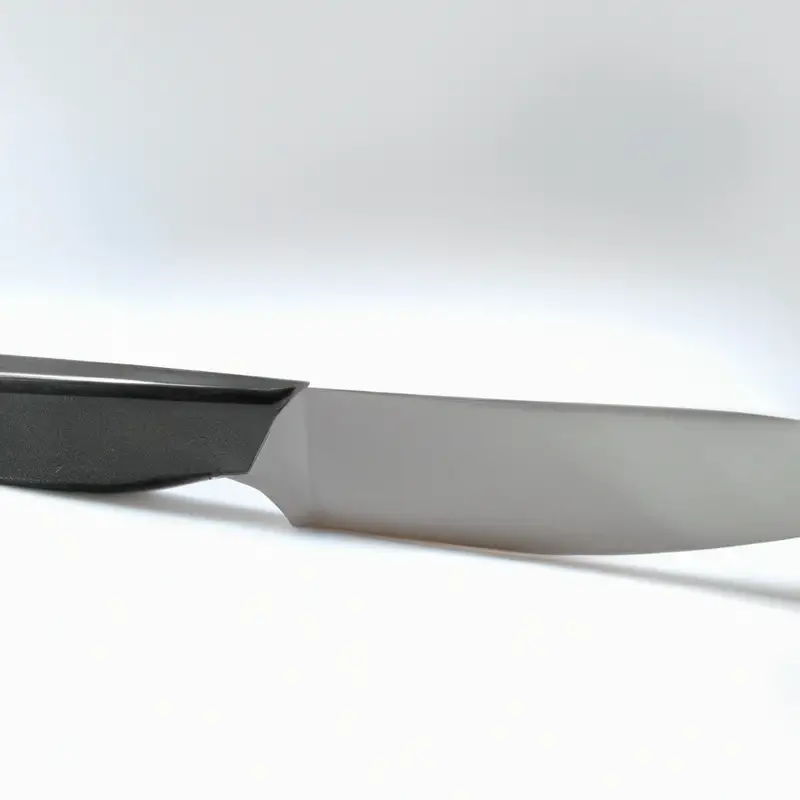
Different Types of Knife Steel Used in Sushi Knives
There are several different types of knife steel that are commonly used in sushi knives.
These include:
- High carbon steel – This is the traditional choice for sushi knives. It is known for its exceptional sharpness and edge retention, making it ideal for precise slicing of fish and other ingredients.
- Stainless steel – A versatile option, stainless steel is resistant to corrosion and requires less maintenance than high carbon steel. It is a popular choice for sushi knives because of its durability and ability to resist staining.
- Powdered steel – Considered the premium choice for sushi knives, powdered steel offers exceptional hardness and edge retention. It is often used in high-end sushi knives that are designed for professional chefs and avid sushi enthusiasts.
Each type of knife steel has its own unique qualities and benefits, so choosing the right one for your sushi knife will depend on your personal preferences and needs.
Factors to Consider When Choosing Knife Steel for Sushi Knives
When choosing knife steel for sushi knives, there are several factors to consider.
- Sharpness and Edge Retention: Look for a steel that can maintain a sharp edge for a long time, as sushi requires precise cutting.
- Corrosion Resistance: Sushi knives often come into contact with acidic ingredients, so choose a steel that is resistant to corrosion to avoid rusting.
- Toughness and Durability: Sushi knives should be able to withstand the repetitive cutting of raw fish and other ingredients. Opt for a steel that is strong and durable.
- Skill Level and Experience: Consider your skill level and experience with sushi knives. Some steels require more expertise and maintenance than others.
- Specific Sushi Knife Types and Purposes: Different sushi knives have specific purposes, such as slicing sashimi or rolling maki. Choose a steel that suits the knife type and purpose.
- Personal Preferences and Budget: Ultimately, consider your personal preferences and budget. Different steels offer varying qualities and price points, so choose one that aligns with your needs and preferences.
Top Knife Steel Options for Sushi Knives
High Carbon Steel – The Traditional Choice for Sushi Knives
High carbon steel is the traditional choice for sushi knives. It is known for its exceptional sharpness and edge retention, making it ideal for precision slicing and cutting.
The high carbon content allows for a finer and sharper edge, resulting in clean and precise cuts of fish and other ingredients.
However, high carbon steel requires more care and maintenance to prevent rust and staining. It’s a great choice for sushi chefs who prioritize sharpness and are willing to maintain their knives properly.
Stainless Steel – A Versatile Option for Sushi Knives
Stainless steel is a versatile option for sushi knives due to its various beneficial properties.
Firstly, it is highly resistant to corrosion, which is essential when working with raw fish and acidic ingredients.
Additionally, stainless steel is known for its durability and strength, making it a reliable choice for sushi knives that require precision and control.
Moreover, this type of steel is easy to maintain and clean, ensuring the longevity of the knife.
Overall, stainless steel is a practical and dependable option for sushi chefs and home cooks alike.
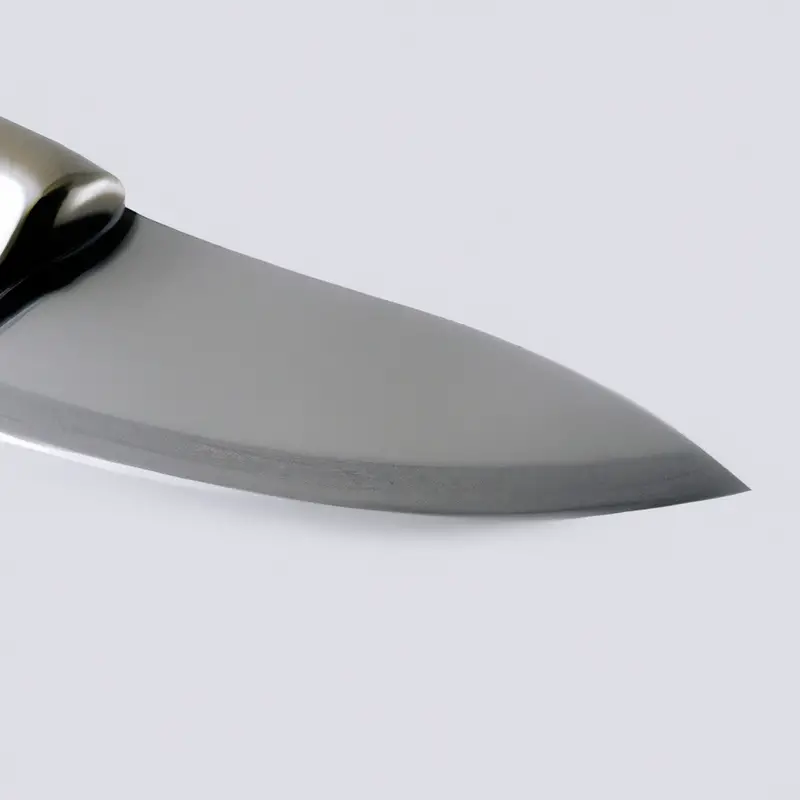
Powdered Steel – The Premium Choice for Sushi Knives
Powdered steel is considered the premium choice for sushi knives. This type of steel is made by combining different alloys and then compacting them under immense pressure.
The result is an exceptionally fine-grained steel that offers superior edge retention, sharpness, and durability.
The fine grains also make it easier to achieve a razor-sharp edge, which is crucial for precise slicing of sushi ingredients. Powdered steel is known for its excellent performance and is highly sought-after by professional sushi chefs and enthusiasts alike.
Comparing Knife Steel for Sushi Knives
Edge Retention and Sharpness
When it comes to sushi knives, edge retention and sharpness are crucial factors to consider. The knife steel used in sushi knives should be able to maintain a sharp edge for a long time, allowing for precise and clean cuts.
High carbon steel is known for its excellent edge retention, while powdered steel offers even better performance in terms of sharpness.
Stainless steel is a versatile option that balances edge retention and ease of maintenance. It’s important to choose knife steel that suits your specific needs and preferences when it comes to edge retention and sharpness.
Corrosion Resistance and Maintenance
Corrosion resistance is an important factor to consider when choosing knife steel for sushi knives. A high-quality sushi knife should be able to withstand exposure to moisture and acidic food without developing rust or corrosion.
Stainless steel is a popular choice for corrosion resistance due to its chromium content.
This makes it less likely to stain or corrode compared to carbon steel. However, stainless steel may require more maintenance to maintain its sharpness.
Regular cleaning, drying, and occasional oiling are necessary to prevent rust and maintain the longevity of your sushi knife.
Toughness and Durability
Toughness and durability are crucial qualities to consider when choosing knife steel for sushi knives.
You want a steel that can withstand the demanding tasks of slicing through raw fish and cutting through tough ingredients like rice and seaweed.
High carbon steel is known for its exceptional toughness and ability to maintain a sharp edge.
Stainless steel is also a good option, as it provides durability and resistance to corrosion.
Powdered steel, although expensive, offers superior strength and longevity.
Ultimately, the choice depends on personal preference and budget.
Choosing the Right Knife Steel for Your Sushi Knives
Skill Level and Experience
Your skill level and experience play a significant role in determining the right knife steel for your sushi knives.
If you’re a beginner or have limited experience, I recommend starting with a stainless steel option.
It is easier to maintain and less prone to rust, which is important for preventing food contamination.
However, if you are a skilled chef or have extensive experience in sushi preparation, high carbon steel or powdered steel can provide exceptional edge retention and sharpness.
Ultimately, consider your level of expertise when choosing the perfect knife steel for your sushi knives.
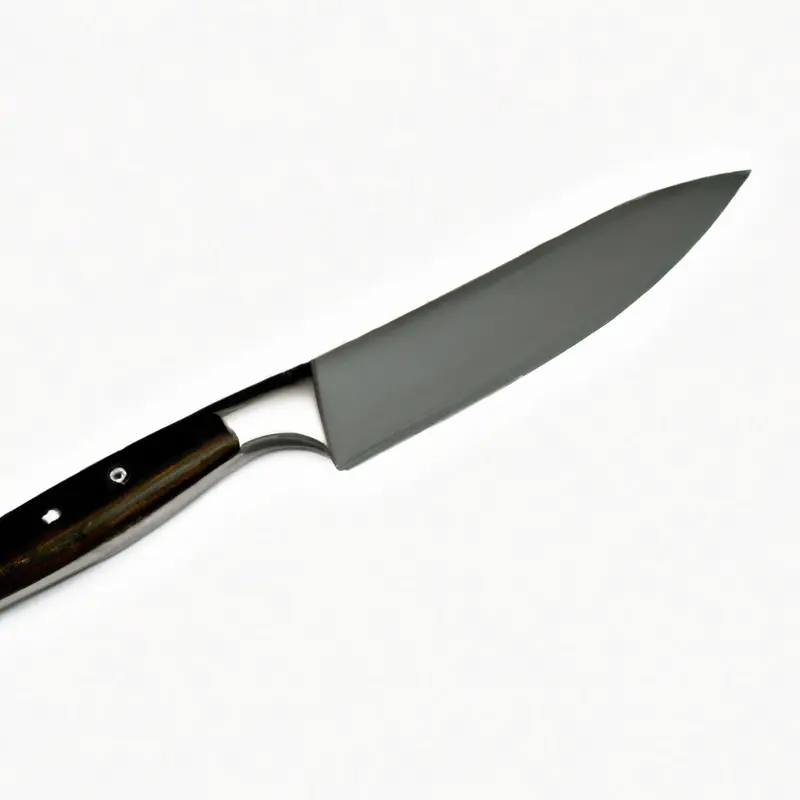
Specific Sushi Knife Types and Purposes
There are several specific sushi knife types that serve different purposes in the sushi-making process. Here are some common ones:
- Yanagiba: Also known as a sashimi knife, it is the main knife used for slicing raw fish into thin, precise pieces.
- Deba: This heavy knife is used for filleting and butchering whole fish. It has a thicker, sturdy blade for cutting through bones and tough skin.
- Usuba: A vegetable knife used for precision cutting and slicing of vegetables. It has a thin, single-bevel blade that creates clean, sharp cuts.
- Takohiki: A knife specifically designed for slicing octopus. It has a long, thin blade with a slight curve, making it ideal for cutting thin slices of octopus.
Each of these sushi knife types is designed for a specific purpose, ensuring that you have the right tool for the task at hand.
Personal Preferences and Budget
When it comes to selecting the right knife steel for your sushi knives, personal preferences and budget play a significant role. Your personal preferences will depend on factors such as the weight, balance, and feel of the knife.
Some people may prefer a lighter knife for precision slicing, while others may prefer a heavier knife for more control.
Additionally, your budget will also determine the type of knife steel you can afford. High-end knife steels, such as powdered steel, may offer superior performance and durability, but they can also be more expensive.
On the other hand, stainless steel options are more budget-friendly and still provide excellent performance.
Ultimately, it’s important to consider your own preferences and budget when choosing a knife steel for your sushi knives. It’s a personal decision that should prioritize your needs and constraints.
Final Verdict
When it comes to sushi knives, the choice of knife steel is crucial. The different types of knife steel, such as high carbon steel, stainless steel, and powdered steel, each have their own unique characteristics and advantages.
Factors to consider when choosing knife steel include edge retention, corrosion resistance, and toughness.
Ultimately, the right knife steel for your sushi knives depends on your skill level, specific knife types and purposes, as well as personal preferences and budget. Making an informed decision will ensure that you have a high-quality and dependable tool to create perfect slices of sushi.
